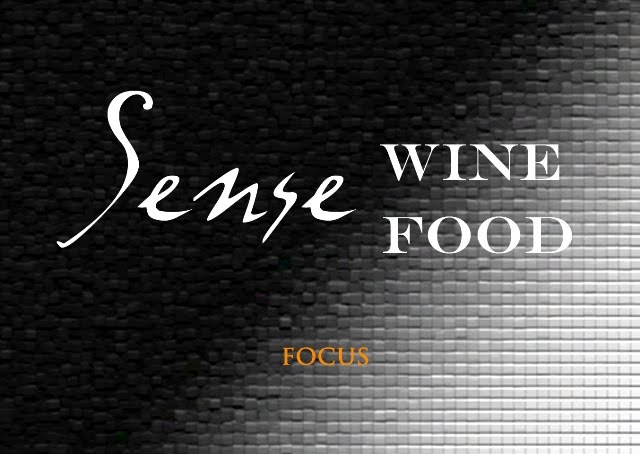Here you are at the wine shop, unable to make the slightest choice. You’ve been there 10 minutes, hanging like a ghost in front of the many bottles. No matter how much you actually know about wine, you always get lost when it is about making the purchase decision. To a certain level of understanding, as for example one would know that if he decides to buy a Gouttes d’Or, he will be buying a chardonnay from the AOC of Meursault in Burgundy which would most certainly have seen oak, whereas another person will understand it as a white wine with prestige from Burgundy, and another will see it’s a french white wine but seeing the high price it should be a good wine. In the end though, you just have to trust either the name, the appealing label or the price indicator. Apparently, you should also change wine shop, because a proper wine shop wouldn’t let you hang around for that long without giving you the proper advice – but okay, maybe it’s the closest to your home.
Anyway, there comes one of the wine writer’s role. With this little “shelf-talker”: 91pts, a nice list of flavours you will find in this wine, drink until 2010. That’s helpful. No matter what we think about it, and how un/accurate this can be. Have you ever realised that once you’ve bought the wine, you don’t even try to find any of the flavours described on the shelf-talker? And if you ever try to, you rarely find them anyway (ah, yes, the wine writer doesn’t have your tastebuds or your taste memories/library!).
So the wine writer helps you make the right choice. If you are happy, you might listen to his advice again next time you are in this shop, or maybe you would have forgotten his name – there will be another 91 pts ranked anyway.
Fortunately, the wine writer’s role goes further than that.

No comments:
Post a Comment